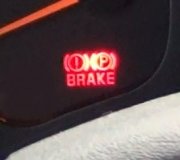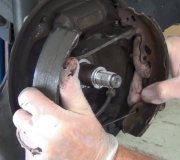This is actually pretty common, but mostly with Chinese rotors. This assumes the pulsation was not there right away. When we make parts from cast iron, we set them aside for ninety days to "age" before they get their final machining. There is nothing wrong with Chinese parts, but they cast them, machine them, pack them, and ship them, then they age on your vehicle. It is real common for a small warp to show up after three or four months. One light machining will almost always solve it. When a shop does the brake job, they will usually do the machining at no charge. If you did the work yourself, ask at the auto parts store if they have a machine shop in back and will do the machining for you.
When the pulsation is there right after the brake job is done, there is a whole list of things to suspect, but if you are smart enough to use high-temperature brake grease, I think you did not cause the pulsation.
The warped rotors happens with manufacturer's rotors too and can happen to new vehicles. They usually insist that new rotors be installed if the vehicle is under warranty because machining them reduces their life expectancy below what you paid for when you bought it, but there have been some cases where there were so many from the same supplier that we were allowed to machine them instead. The rationale was the replacement rotors would do the same thing leading to many unhappy customers. They felt customer satisfaction would be better if people had to return fewer times. Machined rotors rarely warped a second time.
Saturday, August 20th, 2016 AT 5:32 PM


